
AeroGenie — Your Intelligent Copilot.
Trending
Categories
Turkish Airlines Expands AI Integration Across 353 Destinations Using Red Hat’s Hybrid Cloud Platform
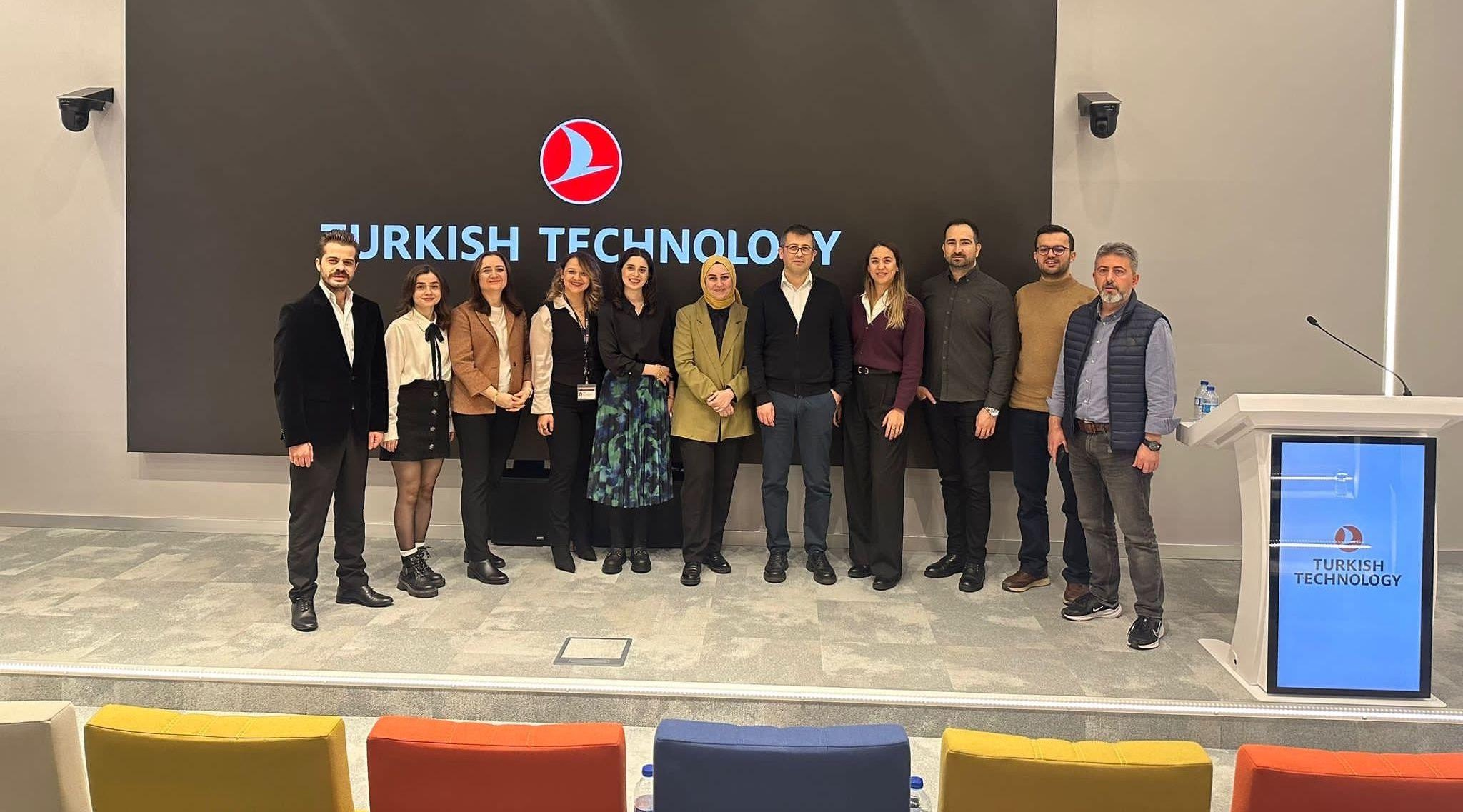
Turkish Airlines Expands AI Integration Across 353 Destinations Using Red Hat’s Hybrid Cloud Platform
Accelerating Digital Transformation Through Open Source Technologies
Turkish Airlines, Türkiye’s national carrier and the world’s most globally connected airline, is advancing its digital transformation by deepening its collaboration with Red Hat, a prominent provider of open source solutions. By adopting Red Hat OpenShift AI alongside hybrid cloud technologies, the airline is enhancing operational efficiency, accelerating deployment processes, and empowering its workforce to innovate across its extensive network of 353 destinations.
With a workforce of nearly 90,000 employees serving both business and consumer markets, Turkish Airlines is currently utilizing over sixty AI models, with additional models under development. These AI applications are designed to improve operational performance, technical maintenance, and customer satisfaction. The integration of Red Hat’s open source hybrid cloud platform has significantly reduced the time required to establish new development environments—from hours to mere minutes—enabling data scientists and engineers to swiftly build, test, and deploy AI models that respond to evolving business demands.
Enhancing Efficiency and Flexibility with Hybrid Cloud Solutions
The airline has witnessed a doubling in deployment speeds, attributed to automated pipelines and optimized workflows within the OpenShift platform. This increased efficiency not only expedites the introduction of new applications but also allows IT teams to concentrate on strategic initiatives, fostering continuous operational improvements.
Central to Turkish Airlines’ technology strategy is the deliberate adoption of open source and hybrid cloud solutions, which mitigates the risk of vendor lock-in and ensures maximum flexibility. The airline’s long-term vision includes scaling AI workloads on demand and supporting both predictive and generative AI use cases. In partnership with Red Hat Consulting, Turkish Airlines has implemented a customized OpenShift AI platform fully integrated with its existing IT infrastructure. This integration features automated AI model deployment pipelines and advanced monitoring tools, with Red Hat Enterprise Linux serving as the foundational operating system to enhance stability and integration.
Security Challenges Amid Expanding AI Footprint
As Turkish Airlines expands its AI capabilities, maintaining robust security across its hybrid cloud infrastructure remains a critical challenge. This concern reflects broader industry trends, with reports indicating that 91% of companies have compromised on hybrid cloud security amid rapid AI adoption. Ensuring data protection and regulatory compliance will be essential as the airline continues to scale its AI initiatives.
The market has taken note of Turkish Airlines’ technological advancements, eliciting mixed reactions. While some competitors express skepticism regarding the effectiveness of large-scale AI integration, others are responding with their own investments in AI and hybrid cloud platforms. For instance, Safaricom has recently utilized AWS for generative AI applications and committed to upgrading its M-Pesa platform with zero downtime, signaling a wider industry movement toward AI-driven transformation.
By embracing open source, hybrid cloud, and advanced AI technologies, Turkish Airlines is positioning itself at the forefront of data-driven aviation. As the airline continues to innovate, it faces the ongoing task of balancing operational excellence with the imperative to maintain security and resilience in an increasingly digital environment.
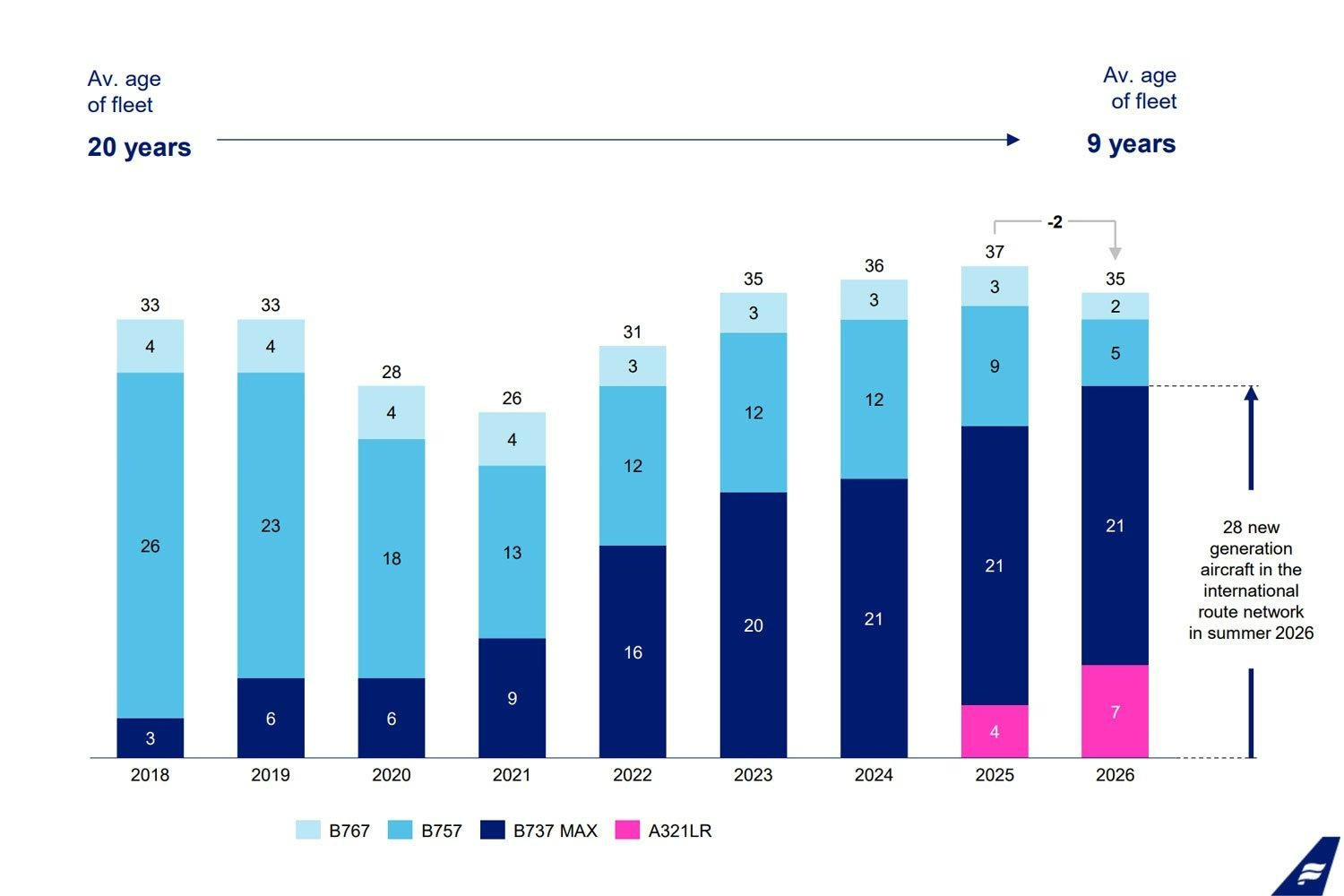
Icelandair to Retire Boeing 767 Fleet by End of 2026

Southwest Airlines to Open Global Innovation Center in Hyderabad
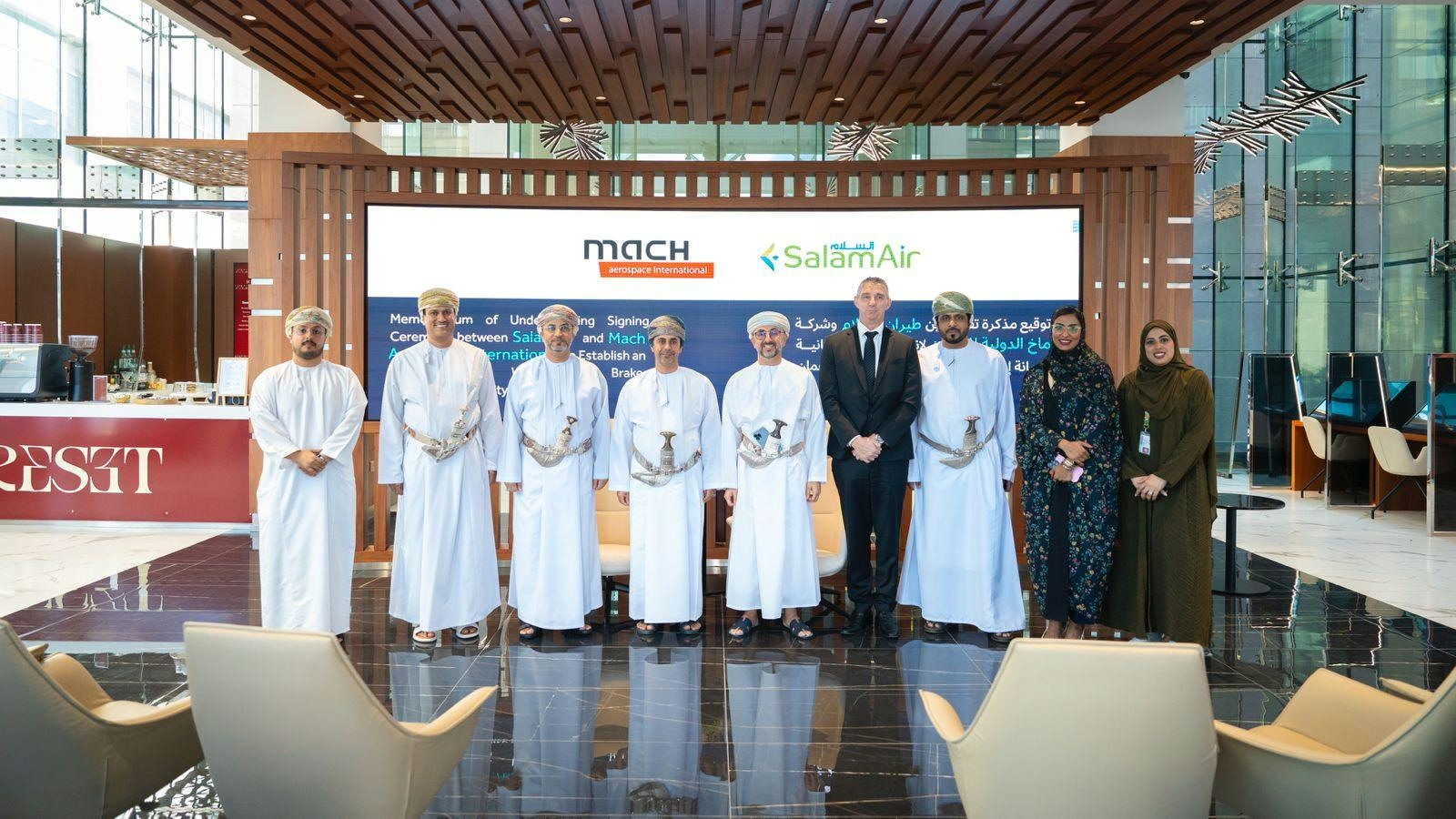
SalamAir and Mach Aerospace Launch Aircraft Maintenance Hub at Muscat International Airport

ADR Enhances Passenger Experience with AI Virtual Assistant
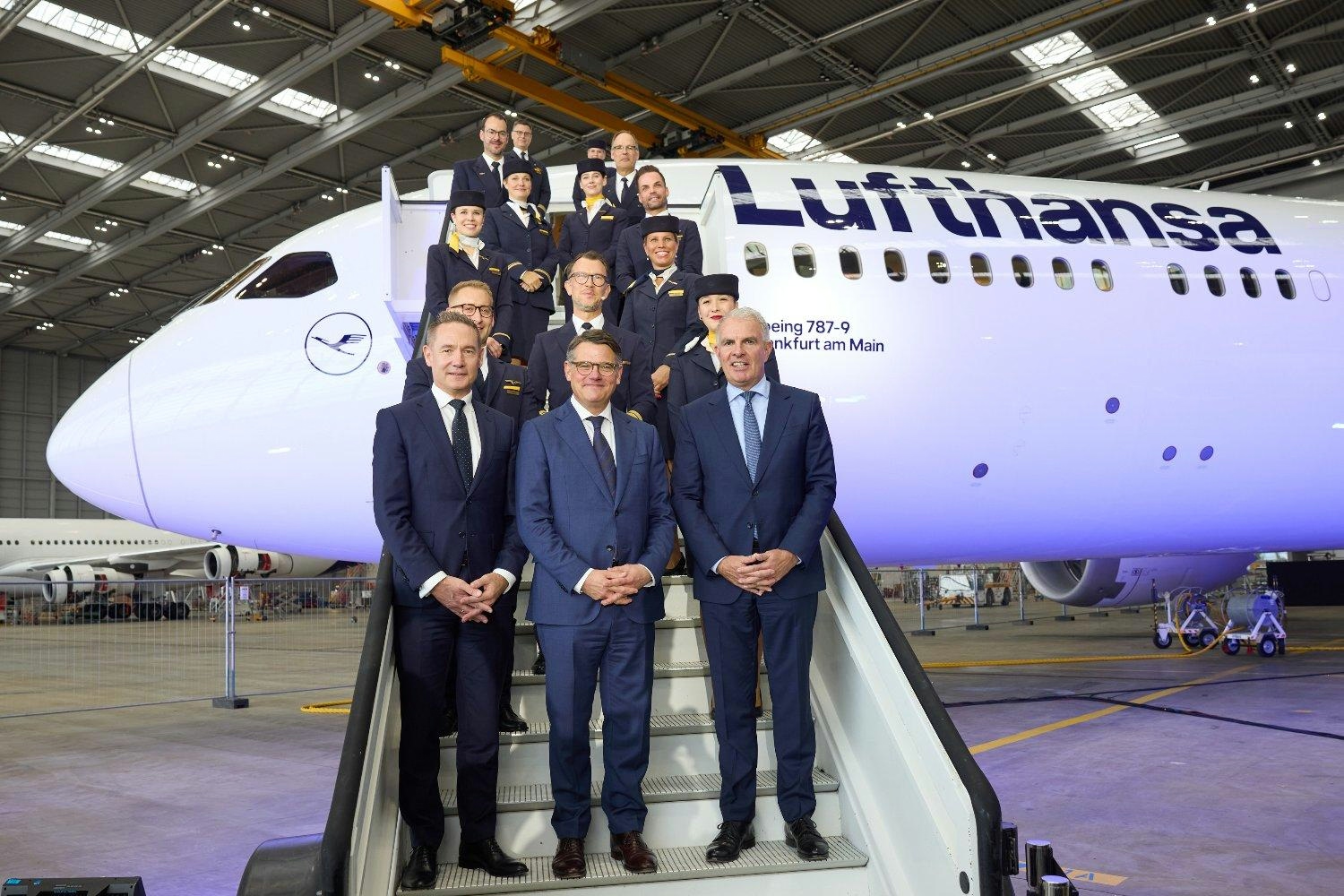
Lufthansa says US shutdown slowing Boeing deliveries

FedEx and UPS: Comparing Their Widebody Cargo Fleets
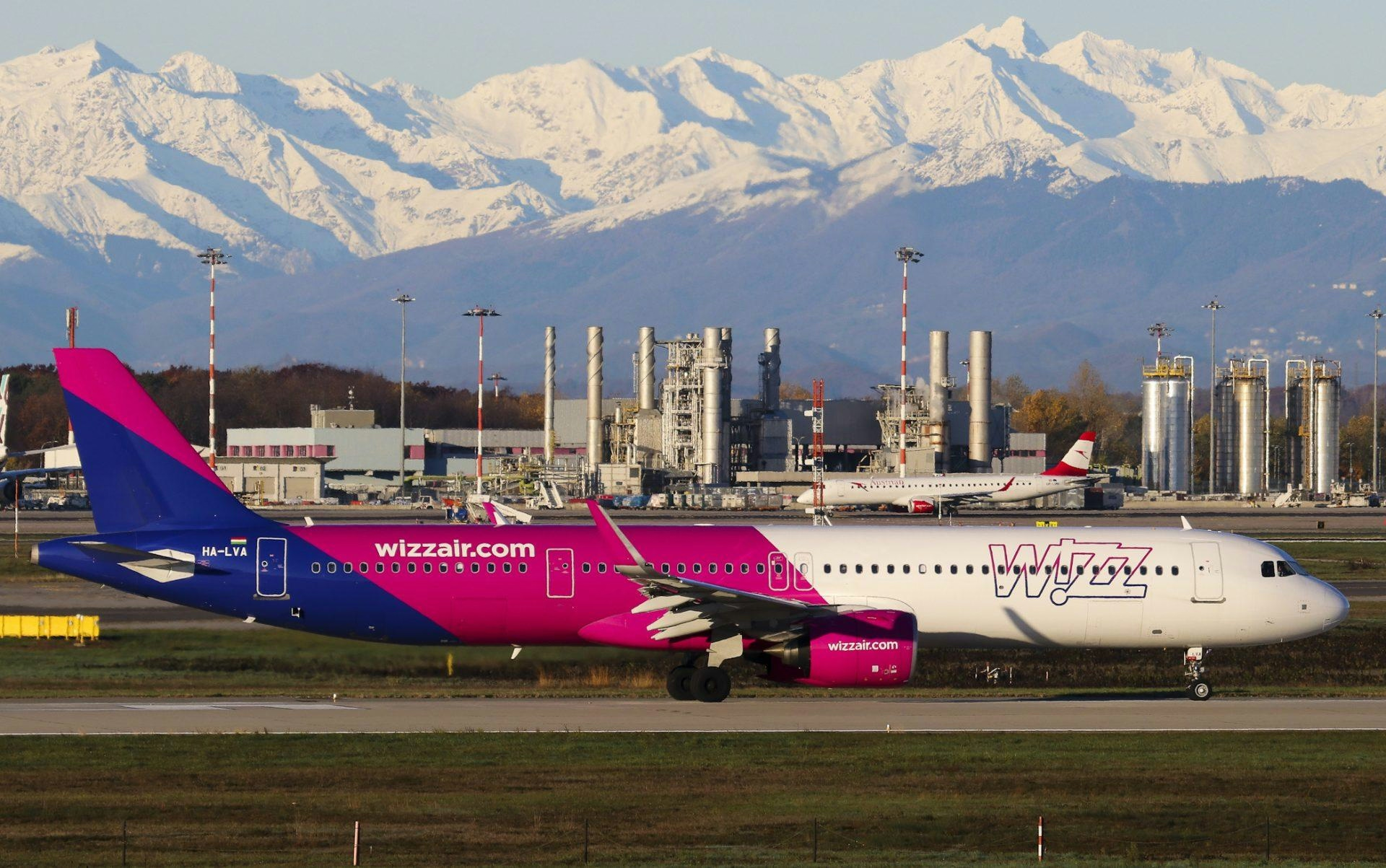
Wizz Air May Delay 100 Airbus Deliveries Until Next Decade

Aircraft Makes Emergency Landing Due to Fuel Exhaustion

Qatar Airways Wins Best Airline App Award at World Aviation Festival 2025
